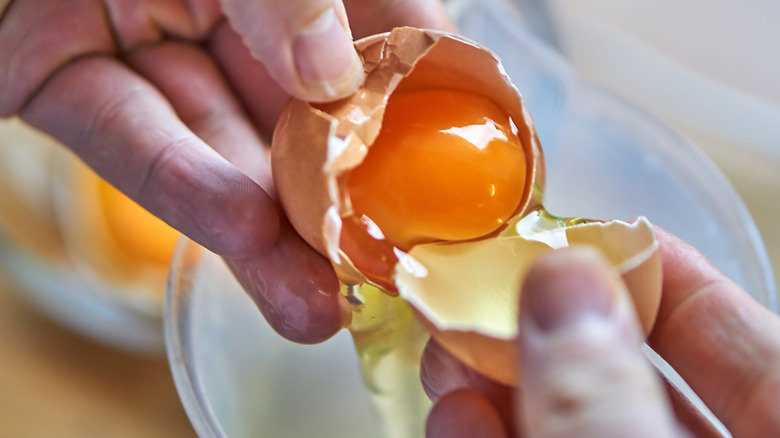Eggs are an excellent source of complete protein, and their versatility makes them a great option for any meal. You can have scrambled eggs for breakfast, quiche for lunch, or a vegetable frittata for dinner.
For years, people with high cholesterol have avoided egg yolks because they’re high in dietary cholesterol, often separating them from the whites in recipes. While egg whites contain about half the protein of a whole egg, they don’t have any saturated fat. But they may offer another surprising benefit — helping to lower blood pressure.
A 2014 study in the Journal of Agricultural and Food Chemistry found that a specific peptide in egg whites, called RVPSL, had a blood pressure-lowering effect. Researchers gave it to lab animals with hypertension and found their blood pressure dropped significantly after four weeks. The peptide also reduced levels of certain hormones and enzymes involved in blood pressure regulation, suggesting that egg whites may offer more health benefits than just being a lean source of protein. Even though this study was conducted in the lab, later studies have been mixed in finding egg whites’ antihypertensive effect in humans.
Egg white hydrolysates might reduce blood pressure
Pregnant women can develop hypertension as they carry their baby to term. A 2017 study in the International Journal of Science and Research investigated the effect of this peptide in egg whites on 15 hypertensive pregnant women. After consuming two egg whites, the women’s systolic blood pressure dropped on average by 6.33 mmHg (millimeters of mercury), and their diastolic blood pressure dropped by 5.66 mmHg. However, this study only tested the temporary effect of egg whites on hypertension.
Rather than simply cooking egg whites, researchers turned to specific egg white hydrolysates to make the antihypertensive peptides easier for the body to absorb. In a 2017 study in the British Journal of Nutrition, the egg white peptide NWT-03 was given to people with normal, elevated, or mildly high blood pressure every day for a week. When people with mild hypertension took 2 grams of the egg white peptide, they saw significant drops in both systolic and diastolic blood pressure that lasted for 36 hours. Taking 5 grams of the egg white peptide resulted in an even bigger drop in their nighttime blood pressure. The egg white peptide didn’t affect blood pressure in those with elevated or normal blood pressure.
These egg white hydrolysates didn’t have the same effect in a 2019 study in the European Journal of Nutrition. In this study, people with elevated blood pressure took 3 grams of egg white peptides for six weeks. They didn’t find a significant improvement in their blood pressure or other cardiovascular health markers.
Egg whites are a healthy option for managing blood pressure
When your typical egg white is chemically broken down into these hydrolysates, your body can absorb the beneficial proteins more quickly, according to a 2019 article in Scientific World Journal. This process involves using deionized water, enzymes, and a centrifuge. In other words, it’s probably not worth trying to hydrolyze your egg whites just to make the peptides better available for your body.
Egg whites are plenty healthy just as they are, even without the yolk. If you compare 100-calorie servings of eggs and egg whites, you’ll get more than twice the protein in egg whites without the fat. For those watching their blood pressure, six egg whites give you more than 300 milligrams of potassium. However, they also have about the same amount of sodium. Remember, though, that egg whites are missing some healthy fats and other vitamins.
Aside from following a low-sodium, high-potassium diet (such as the DASH diet), you can help manage your blood pressure by shedding excess weight around your waistline. A 2022 article in Foods says egg whites can help reduce belly fat. The protein from egg whites improves fat metabolism in your muscles and liver and possibly blocks fat absorption from food.


